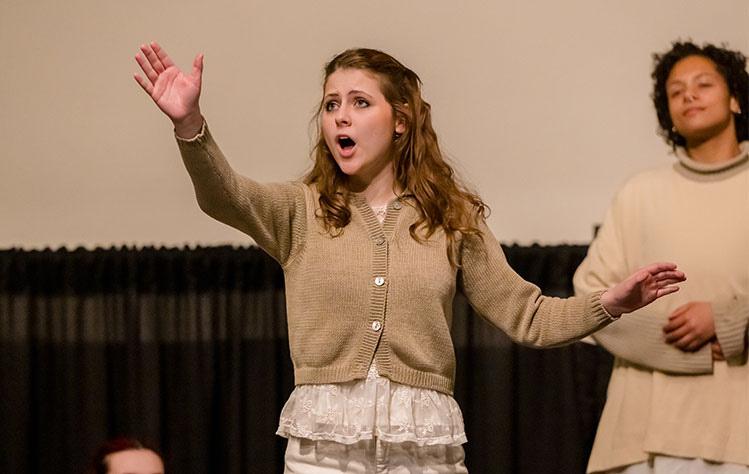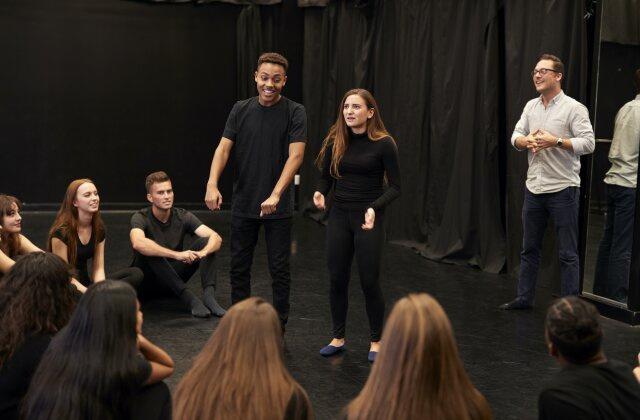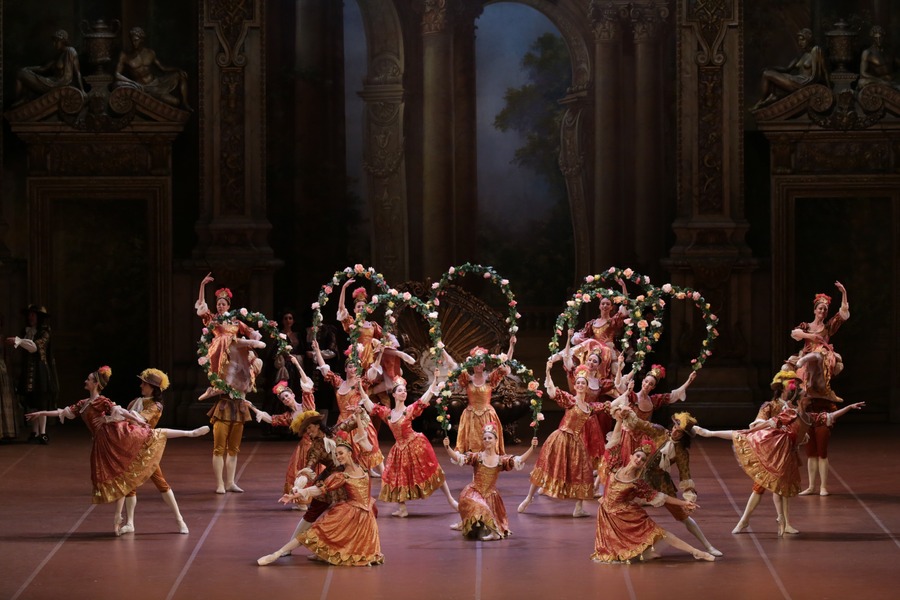How to prepare for an opera exchange in Italy: a guide for teenagers

Participating in an opera program in Milan requires careful planning that goes far beyond simply packing your bags. Proper preparation can make the difference between a good experience and a truly remarkable one in Italy's historic theaters.
This practical guide covers the main aspects that young people from 15 to 18 years old need to consider before embarking on the Sportech Academy's Italian Opera Summer Program. From essential documentation to artistic preparation, every detail counts to make the most of two intensive weeks of musical training.
Essential documentation and legal requirements
Passport and travel documents
The first step is to ensure that your passport is valid for at least six months beyond the return date. If you need to renew, start the process at least three months in advance, considering possible delays in the responsible bodies.
Young Brazilians do not require a visa for stays of up to 90 days in Italy, but they must present proof of lodging, mandatory travel insurance and financial proof upon entering the country. Keep digital copies of all documents in accessible email.
Travel insurance and medical issues
Travel insurance is mandatory to enter the European Union, with a minimum coverage of 30 thousand euros for medical expenses. Check if the policy includes coverage for artistic and sporting activities, as some programs may include intense physical exercise.
Prepare a medical letter in English detailing any medications for continuous use, allergies, or special conditions. Carry sufficient quantities of prescription medications in their original containers.
Essential documents:
- Valid passport
- European travel insurance
- Program Acceptance Letter
- Proof of hosting
- Medical letter in English
Academic and artistic preparation

Development of basic musical skills
Although the program accepts beginners, having basic notions of musical reading speeds up the enjoyment of classes. Dedicate at least two hours a week to studying musical theory in the three months prior to the trip.
Practice breathing exercises and vocal warm-up daily. Even without formal opera experience, developing respiratory awareness and vocal control makes it easier to adapt to the techniques taught by Italian masters.
Languages and international communication
The program requires English at B1+ level, but basic knowledge of Italian significantly enriches the cultural experience. Familiarize yourself with Italian musical terms traditionally used in world opera.
Consider conversation classes with native speakers through online platforms. Fluency in English will also be valuable if you decide to explore. high school programs abroad subsequently, expanding its international educational opportunities.
Cultural and historical research
Study the history of the theaters where you will participate in classes: Teatro alla Scala, Teatro Arcimboldi and Piccolo Teatro. Understanding the historical importance of these spaces increases the emotional value of the experience and positively impresses instructors and colleagues.
Watch recordings of famous operas and familiarize yourself with classic Italian composers such as Verdi, Puccini, and Rossini. This prior knowledge facilitates artistic discussions and demonstrates commitment to operatic art.
Personal preparation and development of autonomy
Independent living skills
Two weeks in an international environment require a certain amount of personal autonomy. Practice basic tasks such as washing clothes, organizing personal spaces, and managing study routines without constant parental supervision.
Develop intercultural communication skills by talking to people of different nationalities through language apps or online groups. This preparation is especially valuable for young people who consider longer vocational experiences in the future.
Adaptation to different time zones
Start adjusting your sleep schedule gradually two weeks before the trip. Milan is five hours ahead of Brasília time, and the prior adjustment reduces the effects of jet lag in the early days of the program.
Establish light exercise routines and balanced eating that can be maintained while traveling. The program includes intense physical activities, and being in good shape makes it easy to take full advantage of the opportunities offered.
Networking and international relationships
Get ready to interact with young people from different countries and cultures. Develop interesting conversations about your Brazilian culture, local music, and personal experiences that can enrich cultural exchanges.
Some participants develop an interest in sports during artistic programs, later exploring sports exchange opportunities that combine athletic development with international training.
Smart financial preparation
Personal expense management
Although the program includes lodging, food, and main activities, reserve resources for personal expenses such as souvenirs, international telephony, and optional tours. Calculate approximately 50 euros per day for extra expenses.
Notify your bank about the trip to avoid being blocked on the international card. Set up currency conversion apps and familiarize yourself with the average values of basic products in Italy.
Investment in musical equipment
Consider purchasing a quality lined notebook and pencils suitable for musical notes. Some programs provide basic materials, but having your own study instruments makes it easier to continue learning after returning.
Planning for future experiences
The operatic experience may awaken interest in longer studies abroad. Families that are satisfied with artistic programs often explore opportunities at specialized boarding schools, which offer continuing artistic education in a structured academic environment.
Realistic Expectations and Appropriate Mindset

Understanding the intensity level
The Italian Opera Summer Program offers 30 hours of activities over two weeks, requiring considerable dedication and energy. Prepare yourself mentally for long days, intense rehearsals, and presentations that test your newly developed abilities.
Understand that being part of an original operatic production means collective responsibility. Your individual performance affects the group's outcome, developing a sense of responsibility and teamwork valuable for personal formation.
Openness to artistic growth
Keep expectations open about personal discoveries during the program. Many participants discover talent in areas they didn't expect, such as costume design, theatrical direction, or even interest in other art forms.
This mental flexibility is especially important for young people who subsequently consider diversified vocational programs, exploring different career possibilities through structured international experiences.
Be Easy
Preparing your child for a unique international operatic experience requires attention to multiple details that may seem complex to first-time exchange families. Na Be Easy, our specialization in artistic programs ensures that every aspect of preparation is carefully guided, from initial documentation to specific cultural tips for success in Milan.
Our experienced team accompanies the entire process, offering parents peace of mind and adequate preparation for students to make the most of this opportunity in the most prestigious theaters in Europe. Contact us and discover how to transform this preparation into an organized and efficient process.


